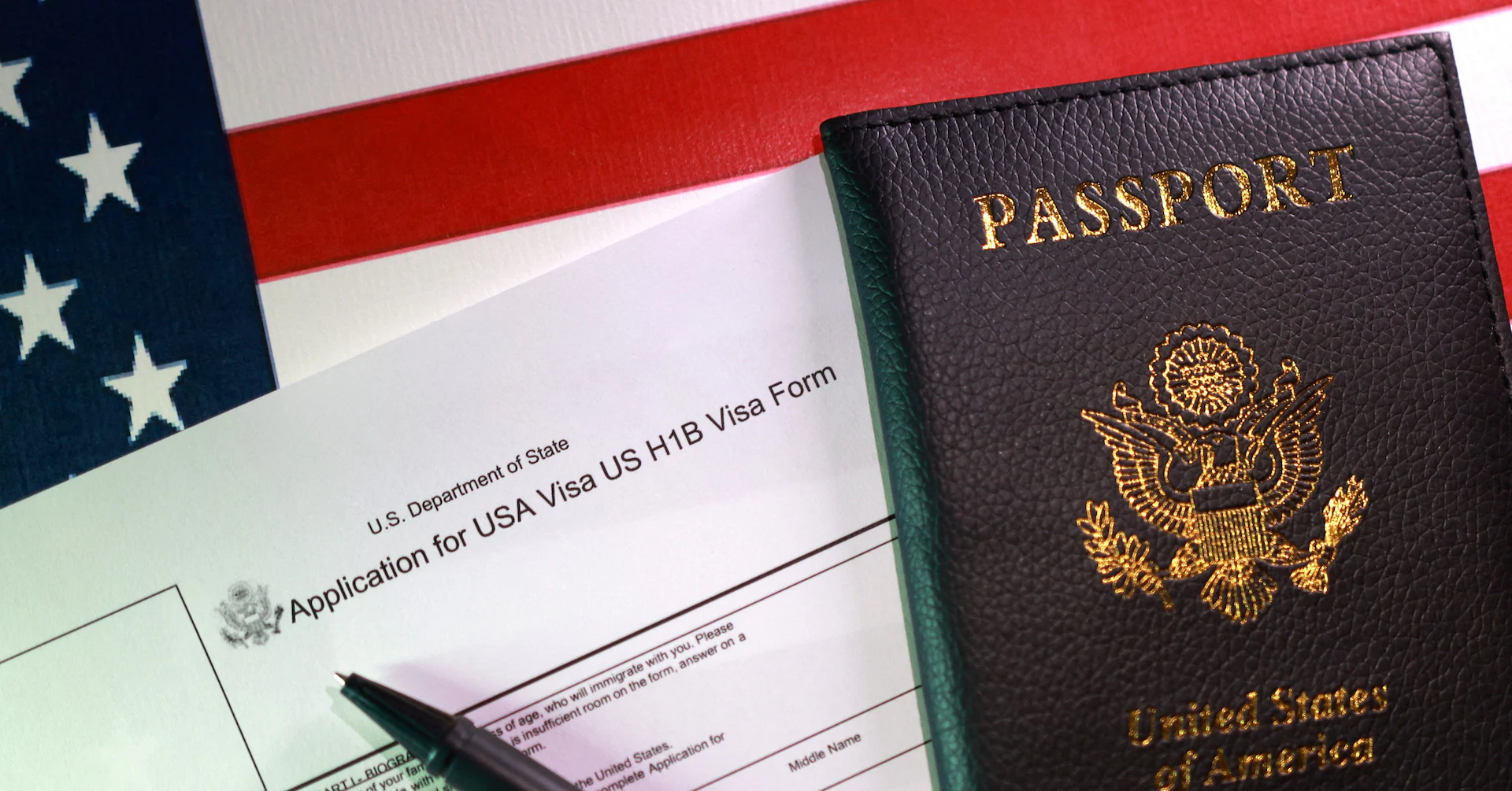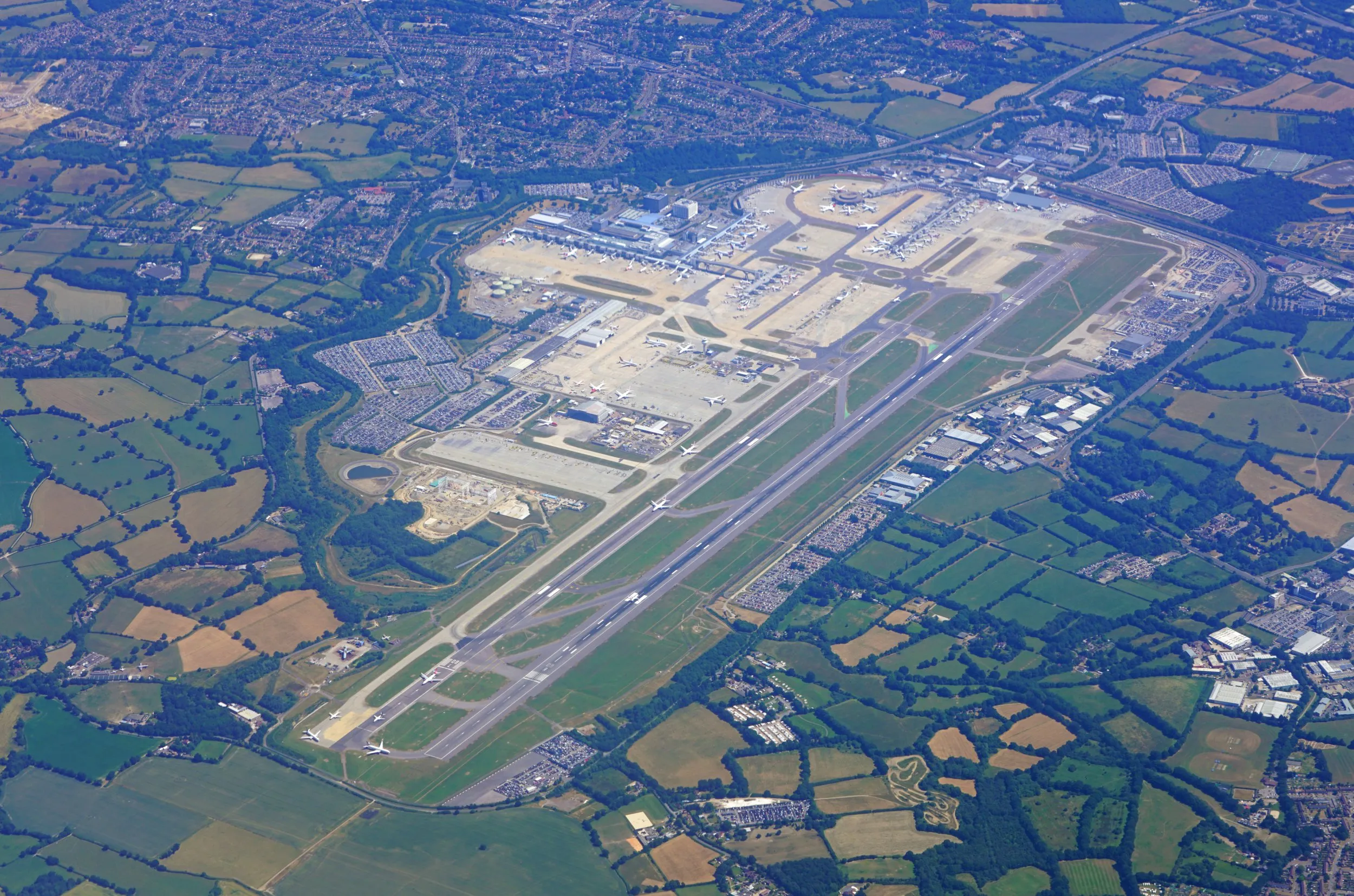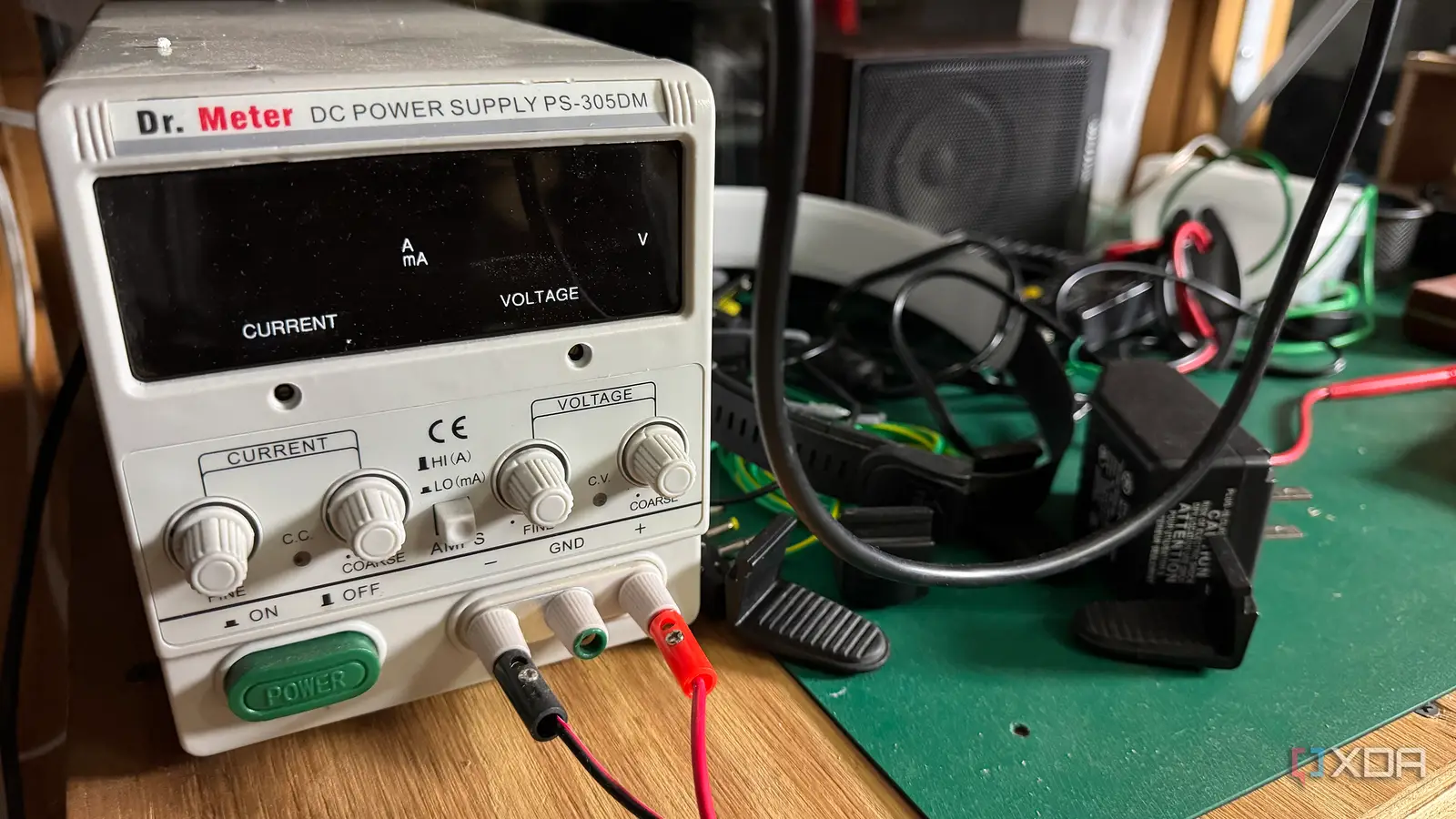
WHAT IS THE H-1B PROGRAM?
Sign up here.
Created in 1990, the H-1B program allows businesses to employ foreign workers in specialty occupations such as engineering or medical research for three to six years. Employers must first make efforts to recruit American workers, and must pay H-1B recipients the same wages they would pay to Americans in the same roles. The program offers 65,000 visas annually and another 20,000 for workers with advanced degrees.
The tech industry relies heavily on H-1B workers and is often the target of critics’ claims that the program displaces American workers, but the visas are also widely used in finance, consulting, healthcare and academia.
DO COMPANIES ALREADY PAY FEES FOR H-1B VISAS?
Employers who sponsor H-1B workers typically pay between $2,000 and $5,000 in fees, depending on the size of the company and other factors. That includes about $1,000 in filing and registration fees and $500 for “fraud prevention and detection.” Companies can pay $2,805 for expedited processing of an application, and often pay thousands of dollars to outside lawyers to navigate the process for them.
WHAT DOES TRUMP’S ORDER DO?
CAN THE PRESIDENT DO THAT?
Trump’s order is unprecedented and it is unclear whether it is legally valid. Federal immigration law allows U.S. Citizenship and Immigration Services, which processes visa applications, to collect fees, but only those necessary to cover the costs of administering the program. And some experts said that because the existing fee structure was authorized by Congress and is periodically tweaked by USCIS through formal regulations, it is unlikely the president has the power to separately impose additional fees.
Trump in the proclamation invoked his authority to restrict certain foreign nationals from entering the country when it would be detrimental to the country’s interests. The U.S. Supreme Court in the landmark 2018 case Trump v. Hawaii said that power is very broad and upheld a travel ban Trump had enacted targeting several Muslim-majority countries on national security grounds. But some legal experts said that the national security interests at stake in that case are distinct from Trump’s economic justification for the $100,000 fee, which may not receive as much deference from the court.
ARE LAWSUITS LIKELY?
Several immigrant advocacy groups and business groups have said that Trump’s proclamation is illegal and that they could sue to block the order along with any regulations federal agencies adopt to implement it. Any lawsuit would likely claim that Trump lacks the power to impose the policy and that the fee is arbitrarily high, rendering it unlawful. USCIS and the State Department could also be accused of failing to follow the proper rulemaking procedures, such as estimating the cost of any new regulations and soliciting and responding to public comments.
The lack of clarity about some aspects of the $100,000 fee, such as whether it applies when a current visa holder switches employers or how the payments will be made, could bolster claims that the policy is arbitrary and interferes with the system created by Congress, according to some experts.
ARE OTHER CHANGES BEING MADE TO THE PROGRAM?
Reporting by Daniel Wiessner in Albany, New York; Editing by Alexia Garamfalvi and Mark Porter
Our Standards: The Thomson Reuters Trust Principles., opens new tab
Dan Wiessner (@danwiessner) reports on labor and employment and immigration law, including litigation and policy making. He can be reached at daniel.wiessner@thomsonreuters.com.



